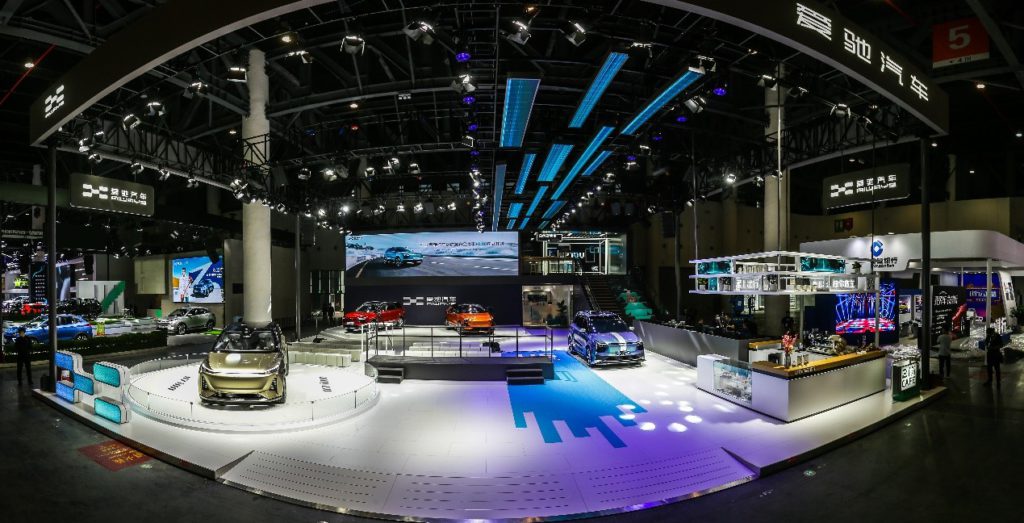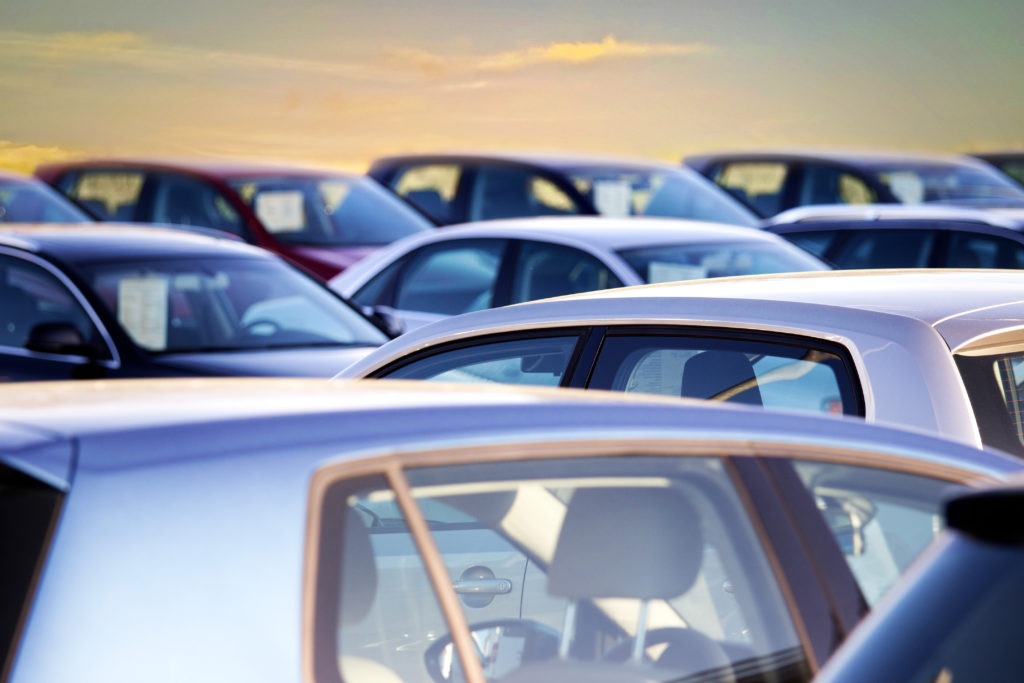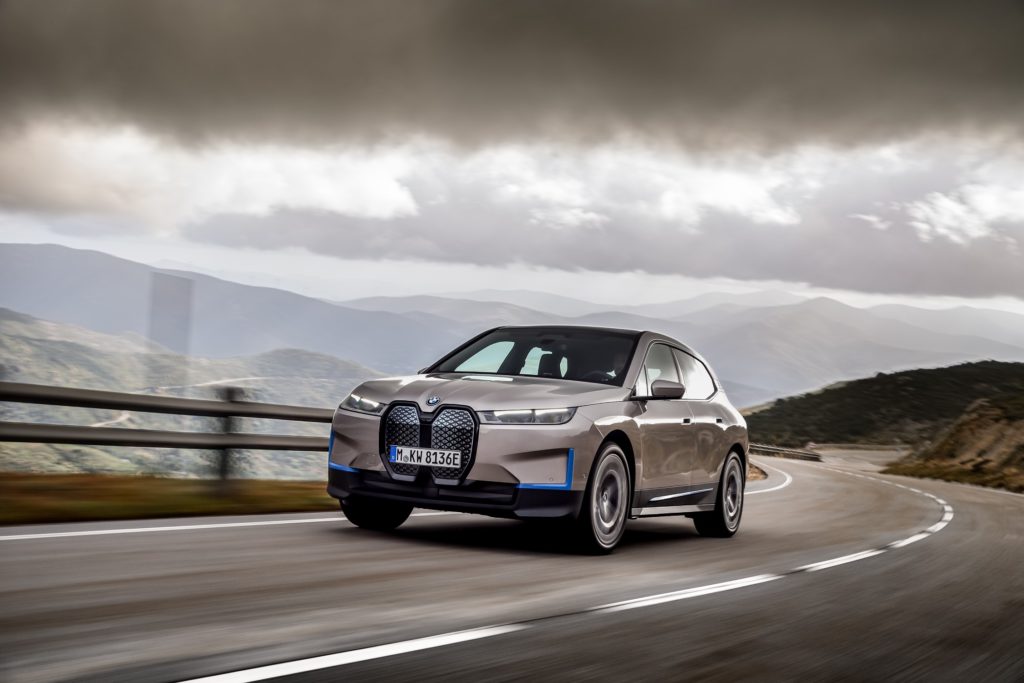Dealerships could be a thing of the past, according to Aiways
23 September 2021

Today’s customer no longer needs a car dealership, the bosses at Aiways claimed during an interview with YesAuto in Germany.
As part of a series titled ‘What’s next?’ Aiways is interviewing representatives from industry, business and politics. Its first discussion with Olaf Liu, general manager at YesAuto in Germany, and Alexander Klose, executive vice president of overseas operations at the Chinese manufacturer, covered the future of sales platforms.
Much has been made of the changes that a switch to electromobility offers the automotive industry. Traditional dealerships, together with their aftersales offers, could see significant changes. The COVID-19 pandemic has also allowed consumers to see buying a vehicle in a new light, as dealerships closed and manufacturers turned to online sales platforms.
‘In traditional vehicle retail, where the customer does not have a choice of different brands, virtual sales platforms allow you to demonstrate more things,’ said Liu. ‘Nowadays, the possibilities are far more diverse than just presenting technical data. Virtual 3D configurators can display the vehicle according to the customer’s exact requirements, and it does not matter whether they are viewed at home on a desktop, laptop or smartphone. These tools offer customers a comprehensive user experience wherever they are.’
Online platforms allow customers to configure their cars and speak to a wider staff base about their options in their own time. Luxury carmaker Aston Martin recently launched a new online retail configurator. The digital tool plays into the OEM’s larger ‘Project Horizon’ transformation plan, looking to refresh the customer journey.
More partners
An online dealership model allows carmakers to find partners outside the automotive industry for sales and delivery. This could be crucial for allowing new entrants access to the market and a larger customer base.
‘Aiways operates in more than 50 German locations, with Euronics actively selling our vehicles. That is particularly important when it comes to the second contact – a customer gets information online but typically then wants to experience the car in real life,’ added Klose. ‘Our Aiways U5 is clearly aimed at first-time buyers, so for the majority of customers, it is their first contact with a battery-electric vehicle (BEV). Many have simple questions that can only be explained in a direct conversation with a salesperson.
‘It is important for us to give our customers this opportunity, and after our first year of sales, we have seen that the combination of an online and a physical presence is extremely well received and appreciated by our customers. At the same time, however, we aim to ensure that the next decision to buy a vehicle is made with us via online sales.’
Art of negotiation
Online marketplaces are not known for their negotiation opportunities, and therefore some may think that buying a car this way will be more expensive as a result. However, in the Aiways interview, Klose stated that transparency is the key to securing sales rather than making deals for a better price.
‘Our vehicles cost the same to everyone. This is a major advantage over classic dealership sales. No customer feels disadvantaged. That creates trust,’ he stated. ‘In contrast to classic discounts, we offer our customers other incentives that can be used much more sensibly – because they have already received the best price. We use extra services here, for example, which the customer receives in the form of special offers.’
The servicing conundrum
While sales can be conducted online, vehicle servicing cannot. Therefore, a brand without any physical dealership locations will need to rely on partnerships with garage chains in order to provide servicing and repair.
However, Klose argues that BEVs only need to be inspected every 100,000km. Based on the normal ownership cycle in Germany, this means customers would never have to visit a workshop. Yet, Aiways has partnered with ATU at over 500 locations. ‘With this choice of aftersales locations, we beat the dealer network of all our competitors,’ he stated. ‘We, therefore, offer the customer the greatest possible comfort.’
BEVs have fewer moving components than a vehicle with an internal-combustion engine (ICE). Wearable items, such as brake pads, will also last longer as the braking forces from the electric motors mean less pressure on other systems. However, vehicle owners may like to have their vehicle checked and serviced annually from a safety point of view. Other components, such as tyres, bearings and joints, can wear and will likely need to be replaced before a 100,000km service interval.
This would need to be done by a trained technician using the right tools and equipment for BEVs. Those transferring from an ICE-powered vehicle may feel more comforted by visiting a dealership workshop.
As a new entrant to the European market, Aiways is taking a quicker approach to establishing a sales network through an online platform. While other carmakers are expressing an interest in internet marketing, the question remains over how buyers will respond to an absence of dealerships. This is especially true when it comes to new technologies, which some may prefer to see in action prior to making a purchase decision.



